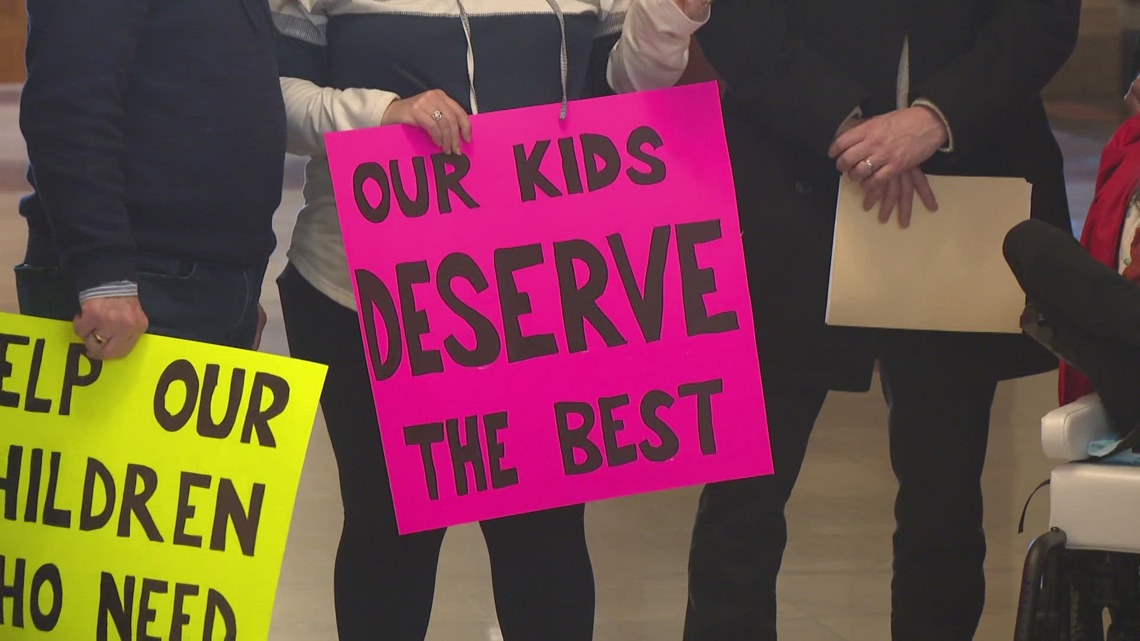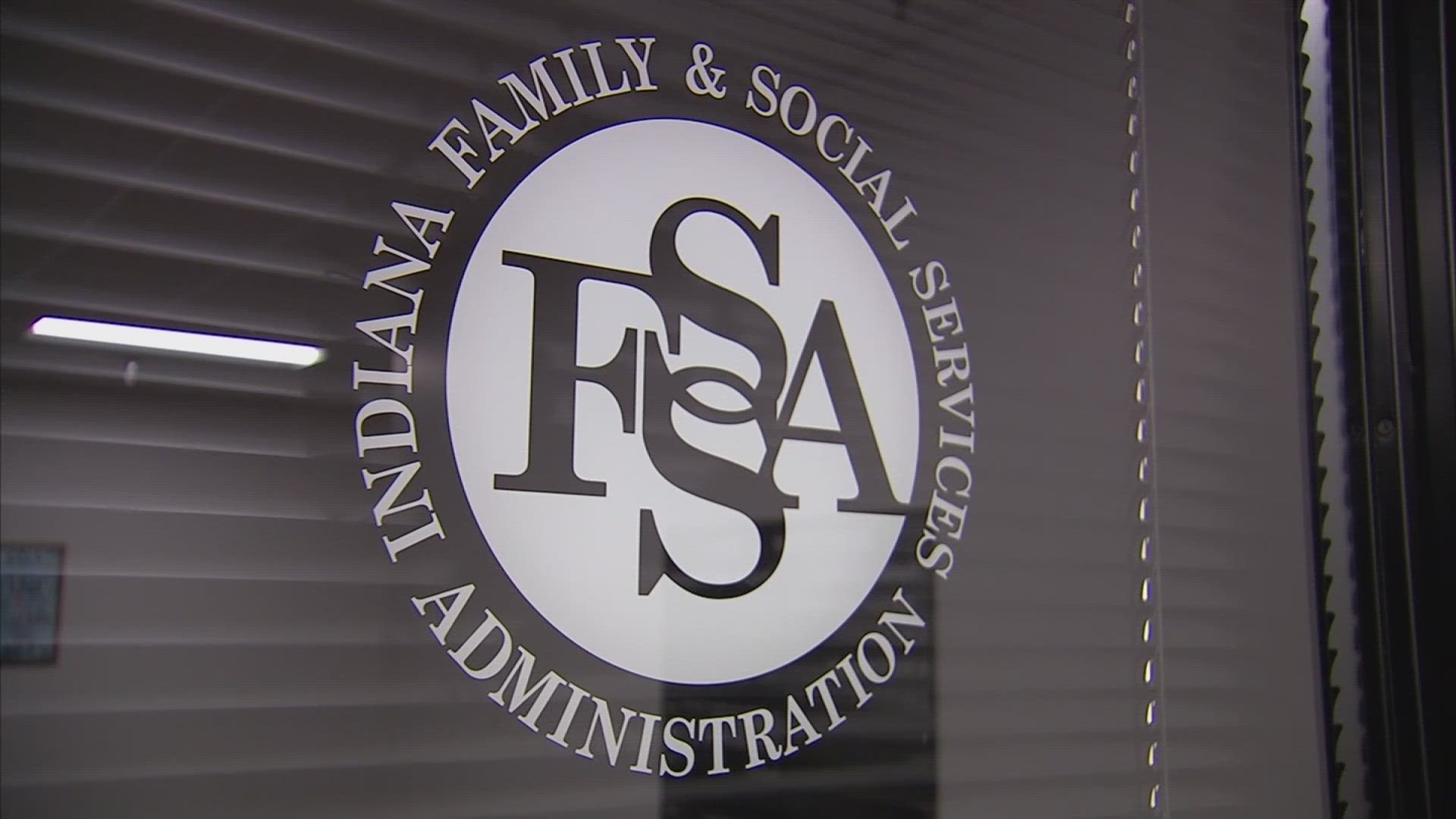INDIANAPOLIS — It’s coming down to the wire at the Indiana Statehouse, with lawmakers likely in the final days of this year’s legislative session.
This is the time when lawmakers try to find a compromise on bills with different versions that have passed in the House and Senate.
If parents of medically-complex kids thought they’d get answers Wednesday about how Senate Bill 256 would impact their families’ lives, they were wrong.
“I’ll make this easy for people...of all the amendments that have come over from the House, I list here from our legal that only three are germane to the bill,” Republican Sen. Ryan Mishler announced before adjourning the conference committee.
A committee of lawmakers from both parties and both chambers gave no indication which three amendments would wind up in the final version and which ones could end up in other bills.
“It was very much a letdown,” said mom Tendra Duff, who has twin boys born prematurely with Down syndrome and a host of other medical issues.


Now, it looks like Duff and other parents of medically-complex kids will have to wait a little longer to see what the future holds for them.
“They’re still wondering, ‘What do we do next?” Duff said.
The mom of three has been coming to the Indiana Statehouse every week since January, when the Family Social Services Administration announced changes to the Attendant Care Program to make up part of a nearly $1 billion Medicaid budget shortfall.
Under the program, parents like Duff have been paid hourly through Medicaid to care for their medically-complex kids at home.
FSSA announced it was switching parents to a different program that would pay them a daily rate and help FSSA make up some of the budget shortfall.
During the session, lawmakers became part of the discussion, with proposed legislation and amendments to address parents’ concerns about the switch, how the shortfall happened and how to prevent it in the future.
“When we see these kids lining the hallways at the Statehouse, it breaks my heart,” said Democratic Rep. Rita Fleming, who sat on Wednesday’s conference committee.
Some of the amendments to Senate Bill 256 involve more accountability and transparency from FSSA, along with more consultation with parents.
Another proposed change calls for parents to be reimbursed at 80% of the daily Medicaid rate — with the local agency that administers the funds getting the rest.
One amendment defines extraordinary care, allowing parents whose children need that kind of care to remain in the original program.
“I hate to say this, but if we’re able to get three or even more, it’s better, at least it continues the conversation,” said Democratic Rep. Greg Porter, who’s also on the conference committee for SB 256.
Tendra Duff certainly isn’t done talking about the issue. She’s still got too many questions with no answers.
“We don’t even know what our options are right now,” Duff said.

